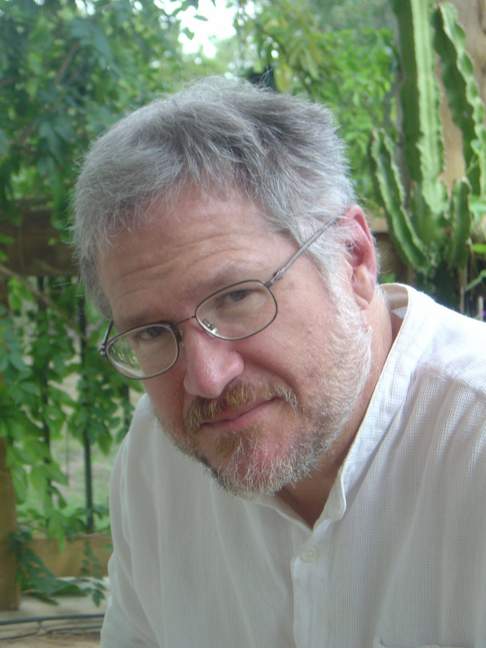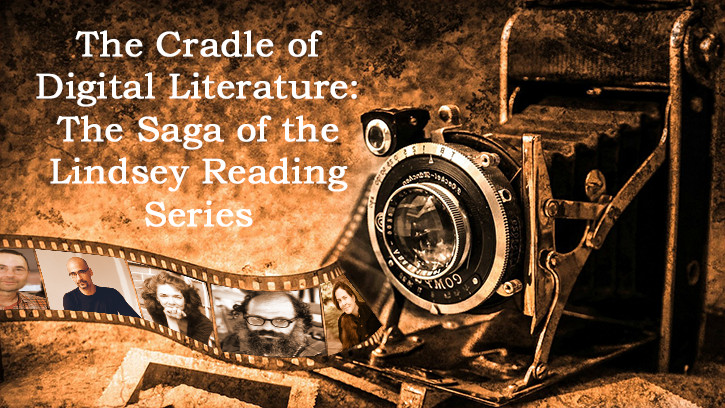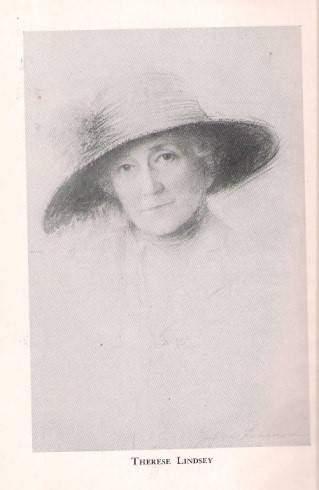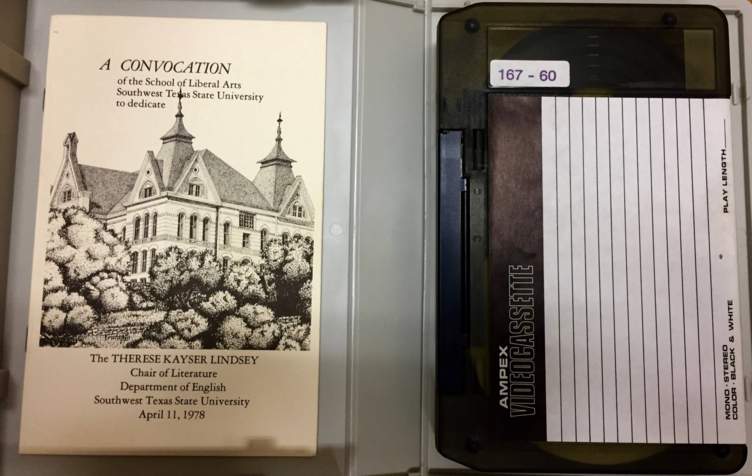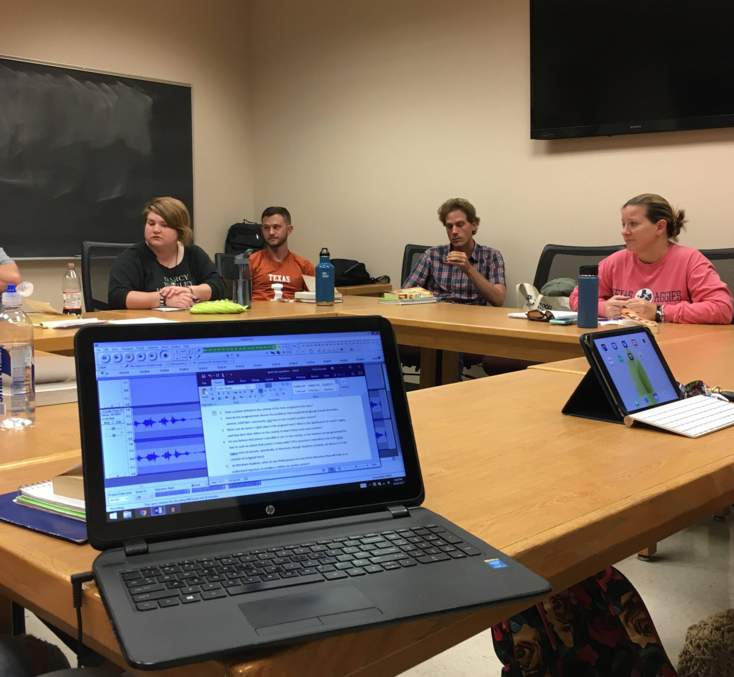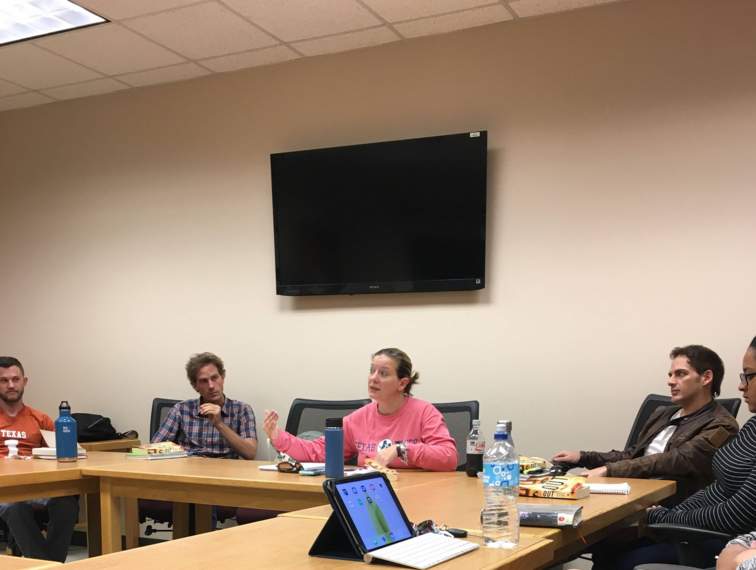September
MATC student Vita Haake gave birth on August 27 to Evelina Michelle (Evie). Evie was 7lbs 4.5oz and 20”long. Vita and Evie are both doing ne.
MATC alumna Sarah McNeely and husband Jeremy Bagley proudly announced the birth of Nora Kathryn McNeely-Bagley on ursday, July 29. Sarah, in the doctoral program at TCU, baby, and husband are all doing well.
e current issue of Technical Communication Quarterly includes an article co-authored by Dave Yeats, Ph.D., who is teaching a course in Project Management with the MATC program this fall. e article, “Mapping Technical and Professional Communication: A Summary and Survey of Academic Locations for Programs,” is written by Yeats and Isabelle ompson. Yeats, who has a doctorate in Technical Communication and Rhetoric from Texas Tech and has taught at Auburn University, is a partner in Sentier Strategic Resources in Austin, which does usability studies.
Tim’ O’Brien’s e ings ey Carried has been published by Houghton Mi in Harcourt in a special twentieth-anniversary hardback edition. Designated by e New York Times as a Book of the Century, e ings ey Carried now has more than two million copies in print.
Elizabeth Skerpan-Wheeler’s “ e First ‘Royal’: Charles I as Celebrity” will appear in the October 2011 issue of PMLA.
Michelle Detorie, MFA poetry graduate and former TA and KAP House Writer-in-Residence, has been hired to coordinate the Writing Center at Santa Barbara City College in California, where she had been working as an adjunct for several years.
Casie Moreland, Shana Hamid, Kristin “Cheyenne” Riggs (all MARC students), and Octavio Pimentel comprise the panel, “Ya Basta Con el Racismo!: Time to Recognize the OTHERS’ Space,” which has been accepted for the 2011 College Composition and Communication Conference in Atlanta, Georgia.
e audio version of Tom Grimes’ Mentor: A Memoir has been published by Audible Books (read by the author). e book, published in August by Tin House Books, has been reviewed in e New York Times, e Washington Post, Entertainment Weekly, e San Francisco Chronicle, and elsewhere. Michael Dirda, reviewing for the Post, writes, “From now on, anyone who dreams of becoming a novelist will need to read Tom Grimes’s brutally honest and wonderful Mentor.”
Stacy Muszynski, MFA ction graduate and former TA, is beginning a new job as a technical writer for Dell.
Priscilla Leder has published Seeds of Change: Critical Essays on Barbara Kingsolver (University of Tennessee Press). is edited collection, with an introduction and essay by Priscilla, contains pieces by Robin Cohen, Susan Hanson, and MFA poetry graduate Meagan Evans.
Through Texas State’s program to recognize influential faculty, Graeme Wend-Walker received several appreciation letters from students graduating in May.
Debra Monroe’s On the Outskirts of Normal: Forging a Family against the Grain, published in May by SMU Press, has been cited or reviewed by People, Vanity Fair, Salon, O: the Oprah Magazine, and several national newspapers. Chitra Divakaruni, reviewing for the Houston Chronicle, observes that the book is “infused with humor and compassion, by turns hilarious and heartbreaking.”
In May, MATC student Susan Rauch presented “Apocalypse Now Y1K: What a Revelation! A comparative-critical literary analysis of Anglo-Saxon text disguised as New Testament biblical study” at the International Congress in Medieval Studies at Western Michigan University. is past July she presented “Christiana: e Reincarnation of Margery or Bridget? Discerning authorship and characterization in e Pilgrim’s Progress: Part Two” at the Sixth International Conference of the International John Bunyan Society, held at Keele University in England. At the October meeting
of the Rocky Mountain MLA, she’ll read “Where the Boys (and Girls) Are: From the Pastons’ to Mulcaster’s English.”
Nelly Rosario participated in the “(Black) Movements: Poetics and Praxis” Conference, held in Addis Ababa, Ethiopia July 2010 and sponsored by Callaloo. In addition, Nelly is the recipient of the 2010 Alfredo Cisneros Del Moral (ACDM) Award, a grant created by author Sandra Cisneros to support Texas writers whose works show exceptional merit and who exhibit both extraordinary talent and profound commitment to the craft of writing.
Pinfan Zhu and co-author and Kirk St. Amant published “An Application of Robert Gagne’s Nine Events of Instruction to the Teaching of Website Localization” in a recent issue of the Journal of Technical Writing & Technical Communication. Pinfan also published “Problematic Graphics at A ect International Business” in the Journal for Global Business Education.
Ryan Bayless’ poem, “ e Forest’s Daughter,” appears in the current issue of Hawk & Whippoorwill.
MFA ction graduate Scott Blackwood’s debut novel, We Agreed to Meet Just Here, was a nalist for the 2010 PEN/USA ction award.
Suzanne Jamir – 2004 MFA ction graduate, former TA, and PhD in English from Florida State University – is now teaching at Florida Agricultural and Mechanical University (FAMU).
In August, Kendall Klym, 2003 MFA ction graduate and former TA, completed his Ph.D. in English at the University of Wales, Aberystwyth.
e Southern Review has accepted Tomas Morin’s poem “Carita Romana” for publication in
a special Americana feature next Spring. In addition, Tomas was chosen as the winner of the Boulevard 2010 Emerging Poets Contest; the prize is $1,000 and publication in the Spring 2011 issue of all three poems in his winning entry.
Twister Marquiss’ photo portfolio, “Wyoming, Summer 2010,” will be featured in an upcoming issue of Narrative Magazine. e collection includes 13 images of northeastern Wyoming ranchlands.
William Jensen, MFA ction student, has just had his rst two stories accepted: “A Voice in the Wilderness” by e Warehouse, and “Women and Children” by New Plains Review.
Tom Grimes’ Mentor: A Memoir has been selected as a featured memoir by Apple’s iBooks store and as a recommended book by McSweeny’s. He will be interviewed this fall for the “Conversations with the Iowa Writers Workshop” series, and an interview with him will appear in a forthcoming issue of e Associated Writing Program’s Writer’s Chronicle.
MFA poetry student Scot Briggs has two poems – “Not for Identi cation” and “Target Practice” – in the current issue of Blood Orange Review.
Nancy Wilson’s interview with Dr. Sylvia M. Casillas Olivieri, Director of the Reading and Writing Center at the University of Turabo in Puerto Rico, will appear in the next issue of Praxis: A Writing Center Journal. e interview was conducted and will be published in both Spanish and English.
Graeme Wend-Walker recently completed Allies training, joining a number of English Department faculty and sta who have participated in the workshops.
A panel organized by Octavio Pimentel for the 2011 Conference on College Composition and Communication, comprised of three graduate students from the MARC program, has been
selected as a “featured panel” for the convention next March. is designation is rare, perhaps unprecedented, for a panel consisting of three Master’s students from a single school. It will bring national exposure to the MARC.
In its summer issue, Poetry Quarterly will publish two poems by MFA poetry student Jason Coates: “Void” and “Symbols for Loss and the Intangible.”
Two more photo portfolios by Twister Marquiss have been selected to appear in Narrative Magazine. ese second and third portfolios – “Skies” and “Spaces,” both from the Wyoming, Summer 2010 collection – will appear in issues over the next year.
e September 30 University Star o ered a front-page article on the Writing Center’s rst speaker in its “Writing Beyond the University” series – Dan Quinn, communications director with the Texas Freedom Network.
Ryan Bayless’ poem, “Gulf Oil Spill: Day Negative One,” was recently published in Poets for Living Waters, a “poetry action” website created in response to the BP oil spill in the Gulf of Mexico. Another of Ryan’s poems, “At the Exact Moment the Car Slammed into Me,” will appear in the October issue of Right Hand Pointing.
Sonya Kraus, from the O ce of the Vice President for Student A airs, reports that the following faculty received letters of appreciation from students graduating this past summer: Libby Allison, Deb Balzhiser, Rebecca Bell-Metereau, John Blair, Paul Cohen, Robin Cohen, Pat Evans, Nancy Grayson, Chad Hammett, Susan Hanson, Elvin Holt, Rebecca Jackson, Caroline Jones, Priscilla Leder, Dan Lochman, Patty Margerison, Debra Monroe, Susan Morrison, Marilynn Olson, Kathleen Peirce, Octavio Pimentel, Jon Marc Smith, Graeme Wend-Walker, Nancy Wilson, Steve Wilson and Pinfan Zhu.
MFA student Colin Pope’s poem “Doggy Heaven” appears in the current issue of Slate. October
Nancy Wilson notes that William Pate, MARC student, is volunteering as Coordinator of the Writing Center’s “Writing Beyond the University” series. e rst speaker – Dan Quinn from the Texas Freedom Network – did an exceptional job and was very well received by the students. e next speaker is Sam Martin, Director of content strategy at frog design and editor-in-chief of frog’s print magazine design mind. He’ll be speaking on October 21 at 4:00 P.M., in FH G04. e third and nal speaker in the series will be named soon.
e Summer 2010 issue of Modern Language Studies contains Rob Tally’s book review of editor David Damrosch’s Teaching World Literature (MLA 2009). Rob’s essay, “Let Us Now Praise Famous Orcs: Simple Humanity in Tolkien’s Inhuman Creatures” will appear in the Fall / Winter issue of Mythlore: A Journal of J.R.R. Tolkien, C.S. Lewis, and Mythopoeic Literature.
Southwestern American Literature is pleased to announce several major accolades, both for the journal and its writers. First, Best of the West 2010 includes two stories published in SAL in the last year: “Cinéma Vérité” by John Blanchard is a featured piece, and “Wildlife Rehabilitation” by Lowell Mick White is listed under “Other Notable Western Stories of the Year.” ( e New Yorker, Harper’s, Esquire, and Glimmer Train were among the few other journals/magazines with two or more pieces listed). Poet Sherwin Bitsui, whose work appeared in the special poetry issue of SAL last year, has been named winner of the 2010 PEN Open Book Award; the poems published in SAL are part of his winning collection, Flood Song. And Texas State MFA ction graduate Anna Green’s story “Hohokam,” which appeared in the Spring 2010 issue of SAL, has been nominated for a Pushcart Prize. Green will be reading the story at the Western Literature Association’s national conference in Prescott, Arizona, later this month (SAL assistant editor Twister Marquiss and editorial advisor John Dean will be appearing on that panel as well).
A review of Tom Grimes’ Mentor: A Memoir appeared in the October 12 Austin-American Statesman. About the book, reviewer Avis Shivani wrote “Grimes has perhaps written a memoir that exceeds its own bounds, delivering more than he set out to write. at’s a very good thing to say about any book.”
Deb Balzhiser and Becky Jackson will each present papers on their panel, “Mapping Contested Spaces for the Undergraduate Major in Writing and Rhetoric,” at the 2011 Conference on College Composition and Communication in Atlanta, GA.
Congratulations to ction graduate Amelia Gray, whose second work of ction, Museums of the Weird, was published this month and reviewed in e New York Times Book Review.
Steve Wilson’s essay “Journeys Westward: e Complicated Irish West in Somerville & Ross’ ‘Matchbox’ and ‘An Irish Problem’” will appear in an upcoming issue of CEA Critic.
Marc Watkins is now a Contributing Editor at Boulevard. He also has a new story published in the online edition of Dark Sky Magazine.
Ben Engel’s story “In the Forest” was published in the October Queer-themed issue of Pank. MFA ction graduate Owen Egerton’s MFA thesis novel, e Book of Harold, the Illegitimate
Son of God, has been published in a handsome hardbound edition by Dalton Publishing.
On October 19, Rob Tally was featured as one of the “Texas State Faces” on the University’s blog. e feature, entitled “Professor pioneers geocritical approach for studying literature,” can be read here: http://txstateu.wordpress.com/.
Former Administrative Assistant and MA Literature graduate Leslie Allen has a new job in Miami, where she and her daughters moved after Leslie left her position in the English Department. Leslie is now executive assistant to the Director of Marketing and Advertising for Miami Today. Her job involves general administrative duties and a great deal of writing and editing.
November
MATC student Susan Davey has been awarded Sta Educational Development Leave for Spring 2011. e program pays full tuition and reduces a semester’s weekly work hours for a sta member to help her/him complete coursework.
Robin Cohen’s article, “Landscape, Story, and Time as Elements of Reality in Silko’s ‘Yellow Woman,’” from the fall 1995 issue of Weber: e Contemporary West, will be reprinted in the new edition of Short Story Criticism, a reference work published by the Gale Group.
On October 28th, Tom Grimes read from his memoir, Mentor, as part of the “Live from Prairie Lights” series. e reading was streamed live from Iowa City via Iowa Public Radio.
MA Literature graduate Elizabeth Welch has been hired the teach composition courses next spring at Wake Technical Community College in Raleigh, North Carolina.
John Blair’s poems, “Oleander,” “Winter Storm, New Orleans” and “ e Dogs of Grass,” were accepted for the next edition of e Southern Poetry Anthology; and his poem, “ e Capillary Attraction of Planetary Gravities,” was accepted for the special “Americana” issue of the Southern Review. In addition, John won the St. Petersburg Review’s annual poetry prize ($1000 & publication) for his poem “ e Yellow Christ.”
MFA graduate Trey Moody’s chapbook, Climate Reply, was just published by New Michigan Press. Dan and Alice Lochman are grandparents. Baby Ivy Alice Lochman was born in Austin November 2 to Michael and Kelly Lochman. Ivy weighed in at 9 lb, 5oz and measured 21.”
MATC alumna and former MATC Graduate Assistant Melanie (“Lonie”) McMichael has completed her Ph.D. in Technical Communication and Rhetoric at Texas Tech University.
Tomas Morin’s two poems, “ e Grave of the Left Hand” and “Pagliacci,” appear in the fall issue of the on-line journal Cerise. In addition, Tomas’ interview with poet Robin Ekiss is published in the current issue of Boxcar Poetry Review.
Paul Cohen was chosen as a Favorite Professor by the Texas State chapter of Alpha Chi National College Honor Society.
MA Literature student Heather Anastasiu has just signed with an agent from Inkwell Management for her young adult novel, Glitch.
“Drunk At Dodge City On Karaoke Night Watching Him Play Pool,” a poem by MFA poetry student John Fry, appears in the October 2010 issue of Breadcrumb Scabs: a poetry magazine this spring; the poem was chosen as the Editor’s Pick for the October issue. In addition, St. Sebastian Review has accepted his poems “On e Nature Of ” and “Like A Partial Lunar Eclipse In February” for their inaugural issue.
MFA ction graduate Bob Pomeroy has been hired as a paralegal by the Legal Aid Society of New York.
MATC alumna Teri Speece and her husband Jason, of San Antonio, welcomed their new baby boy, Dylan Richard Speece, on Oct. 13, 2010.
The latest issue of Front Porch, edited by MFA students, is now online.
MFA ction student Gwynne Middleton reports that the new issue of Precipitate is online. Gwynne co-edits the journal, and is assisted by a number of MFA students, some of whom also contributed reviews to the current issue.
Steve Wilson’s poem, “L’Hotel des Grands Hommes,” will appear in Classi eds: An Anthology of Prose Poems, forthcoming in 2011.
e November 17 Texas State University blog o ers a story about the “Teaching Poetry to Children” Honors course taught by MFA poetry graduate and Associate Director of the Honors Program Diann McCabe. e blog includes comments from several of the undergraduate students, including English major Valerie Vera, who are enrolled in the course and have served as visiting poetry teachers at Crockett Elementary this semester. Diann was recently inducted into the San Marcos Women’s Hall of Fame for her many contribution to the community.
December
e Hu ngton Post lists Front Porch, the online literary journal edited by Texas State MFA students, among the top ve online literary journals. In addition to the article ranking us among the top 15, a readers’ poll has us ranked as number 1.
Tom Grimes’ novel City of God has been reissued by Narrative Library in POD (Print On Demand) hardcover, POD softcover (in January), iBook, Kindle, and other e-book formats.
MA Literature student Sarah Youree has just published an article in the online journal Teaching American Literature: A Journal of eory and Practice. Adapted from a chapter in her recent thesis (Sarah will graduate this December), Sarah’s essay (“’ e Immense Remote, the Wild, the Watery, the Unshored’: Exploring the Ocean as Heterotopia in Moby-Dick”) can be found here.
Oscar Houck, a student in Susan Hanson’s ENG 3311 class, has just published an essay written for Susan’s class on the Cell 2 Soul: e Humane Health Care Blog, published by the online journal Cell 2 Soul.
Kristi Rickman, Student Services Coordinator at the Round Rock Higher Education Center,
wrote Writing Center Director Nancy Wilson to praise Lisa Tomacek-Bias’ work as Coordinator
of the Writing Center’s Round Rock branch: “I just wanted to write a quick note about Lisa. Our students here are constantly expressing how wonderful she is to work with. She is very patient, thorough, and can explain concepts in a way that our students really grasp the feedback. ank you so much for sharing her teaching and tutoring talents with the RR students.”
Ben Engel, a recent graduate of the MFA program in poetry who was an adjunct lecturer in the English Department, has accepted a job in Minneapolis serving as an ELA specialist for Data Recognition Corporation, a publishing company specializing in education materials.
Jaime Mejia has been appointed to the Editorial Board of College Composition and Communication.
Kristin “Cheyenne” Riggs (MARC student) and Sonia Arellano (MA Literature) have been selected as two of ten recipients, chosen nationally, of the 2011 Scholars for the Dream Travel Awards
to attend the College Composition and Communication Conference in Atlanta, Georgia this upcoming spring.
e November 23rd edition of the Texas State blog highlighted Steve Wilson’s work as Campus Representative for the Fulbright Program.
Debra Monroe’s book On the Outskirts of Normal is featured in the 2010 Barnes & Noble Review “Year’s Best Reading.” Amy Benfer writes that the book “transmutes [an] everyday struggle into something approaching inspiration.”
Octavio Pimentel will present at e Southwest Council of Latin American Studies (SCOLAS) conference, to be held in Puerto Rico next spring.
Recent MFA poetry graduate Heather Robinson has accepted an o er from Trofholz Technologies Inc., for whom she will teach ESL full-time at the Defense Language Institute, Lackland AFB, in San Antonio.
A short story by MFA ction student Ali Haider, “Ten-Pin Knockdown in Hurricane Alley,” will appear in the next edition of Mary Magazine, an online journal based out of St. Mary’s College of California.
English major Valerie Vera has been selected to serve as a 2011 Fellow in the Moreno/Rangel Legislative Leadership Program. Moreno/Rangel Interns are placed with a member of the Texas House of Representatives and work full-time during the legislative session as paid policy interns alongside experienced Legislative sta . Valerie’s internship runs for the entire Legislative session: January 11 through May 30. is is an extraordinary honor for Valerie. We are proud to claim her as an English major.
Tom Grimes’ Mentor: A Memoir has been chosen as a “Best Winter Reading Selection” by American University Radio. e book also was selected as a “Best Non ction Book of 2010” by e Washington Post.
Aaron Deutsch had two poems accepted by Willows Wept Review for their January issue: “ is Witch’s Glass” and “A Compliment Under Porch Light.”
MFA ction student Collin Bost’s “Alternative Education,” the title story for his MFA thesis, will be published in the Spring/Summer issue of Quarterly West.
Graeme Wend-Walker’s article “ e Inexplicable Moon and the Postsecular Moment: e Apollo Program in Two Picturebooks” has been selected for publication in Children’s Literature.
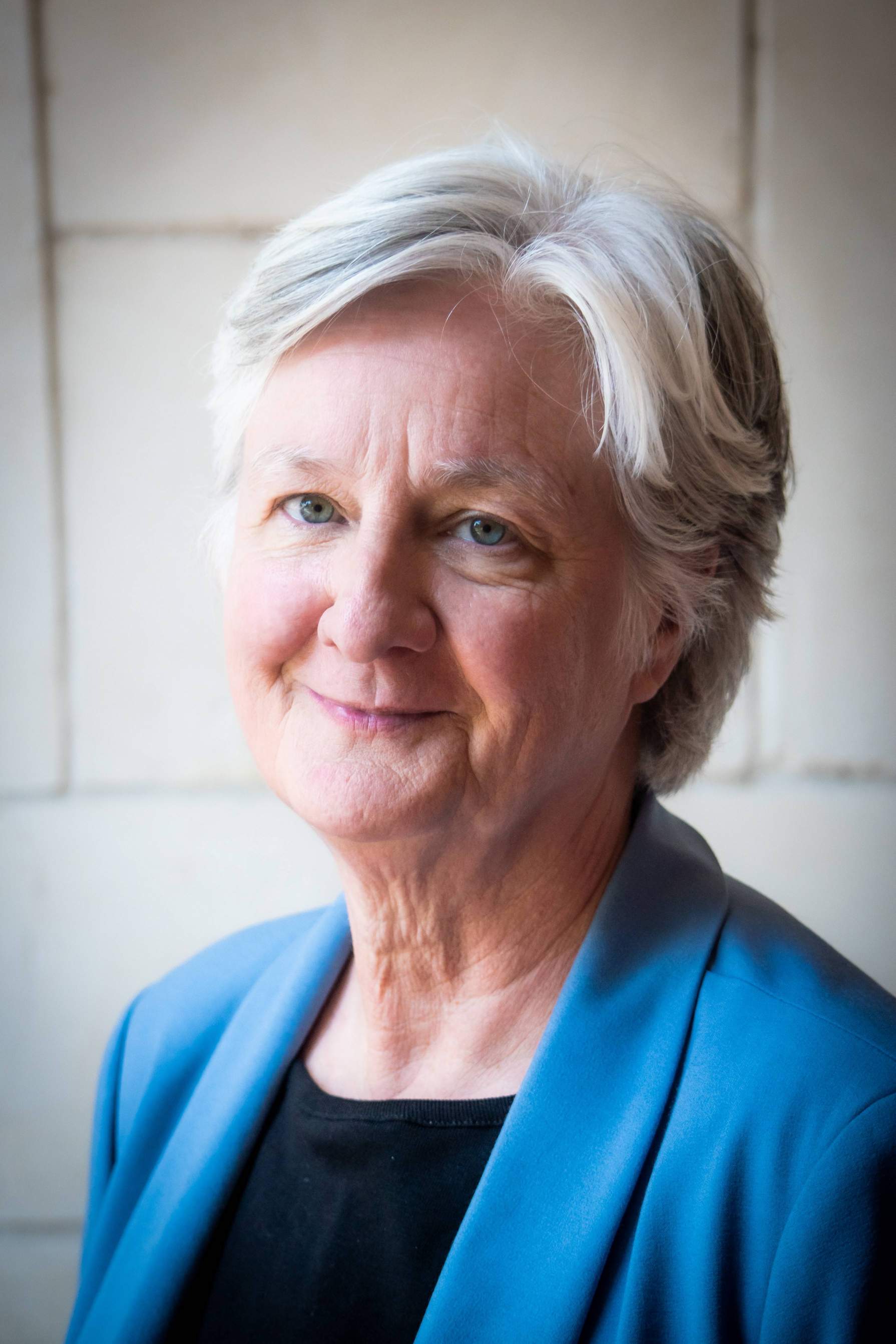
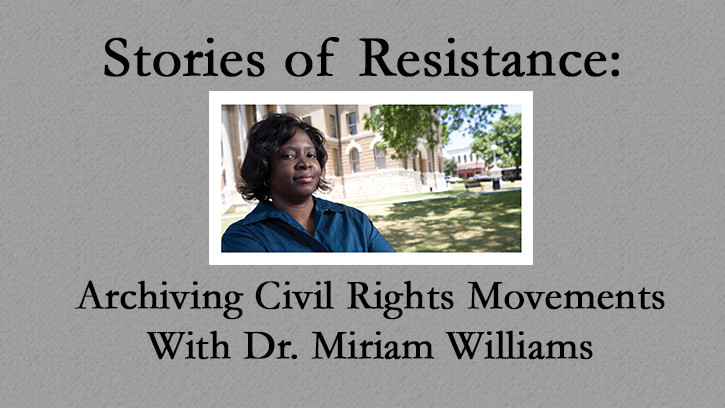
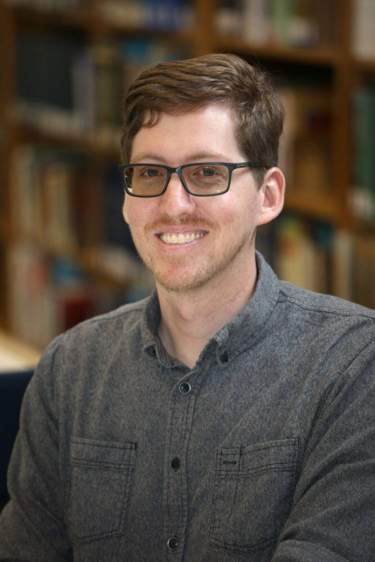 James Reeves
James Reeves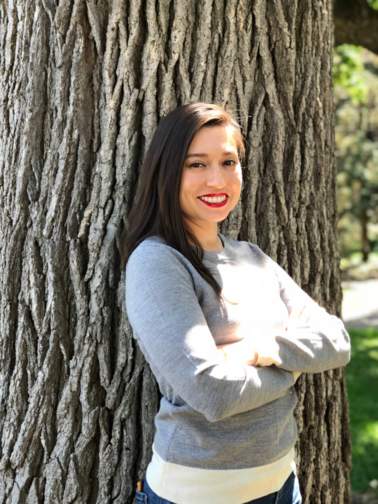 Sara Ramírez
Sara Ramírez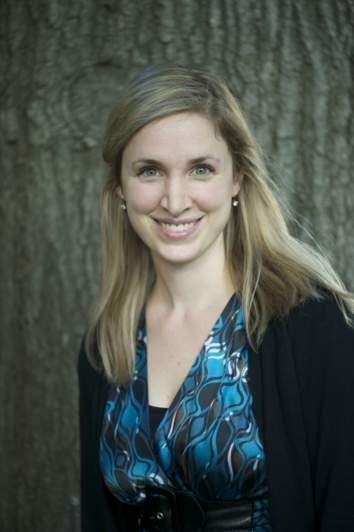 Julie McCormick Weng
Julie McCormick Weng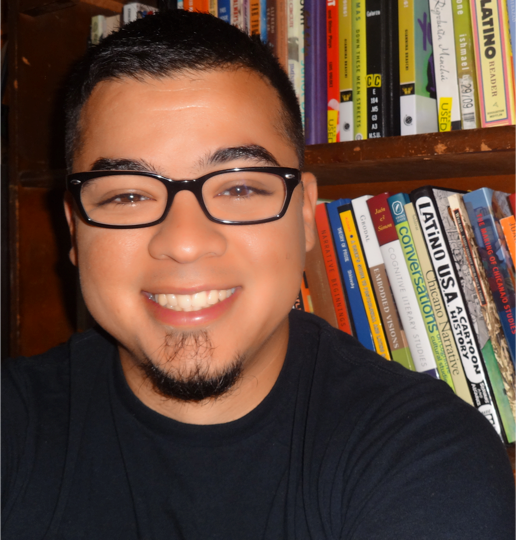 Samuel Saldivar
Samuel Saldivar